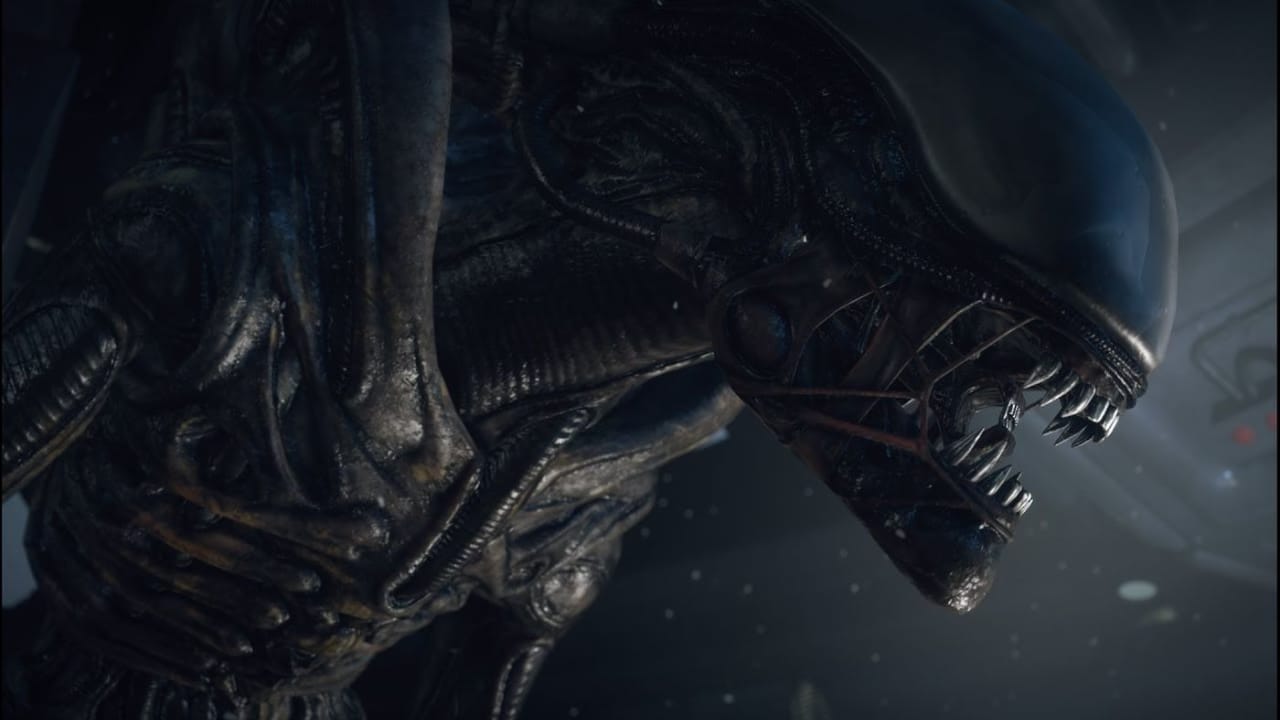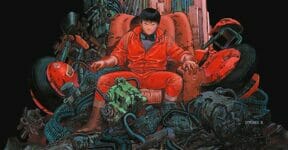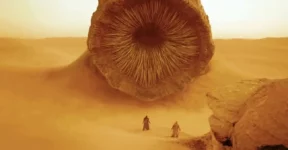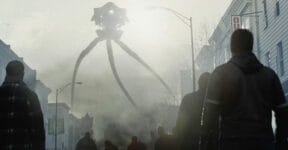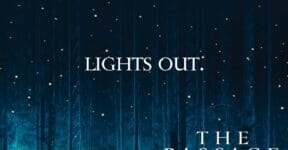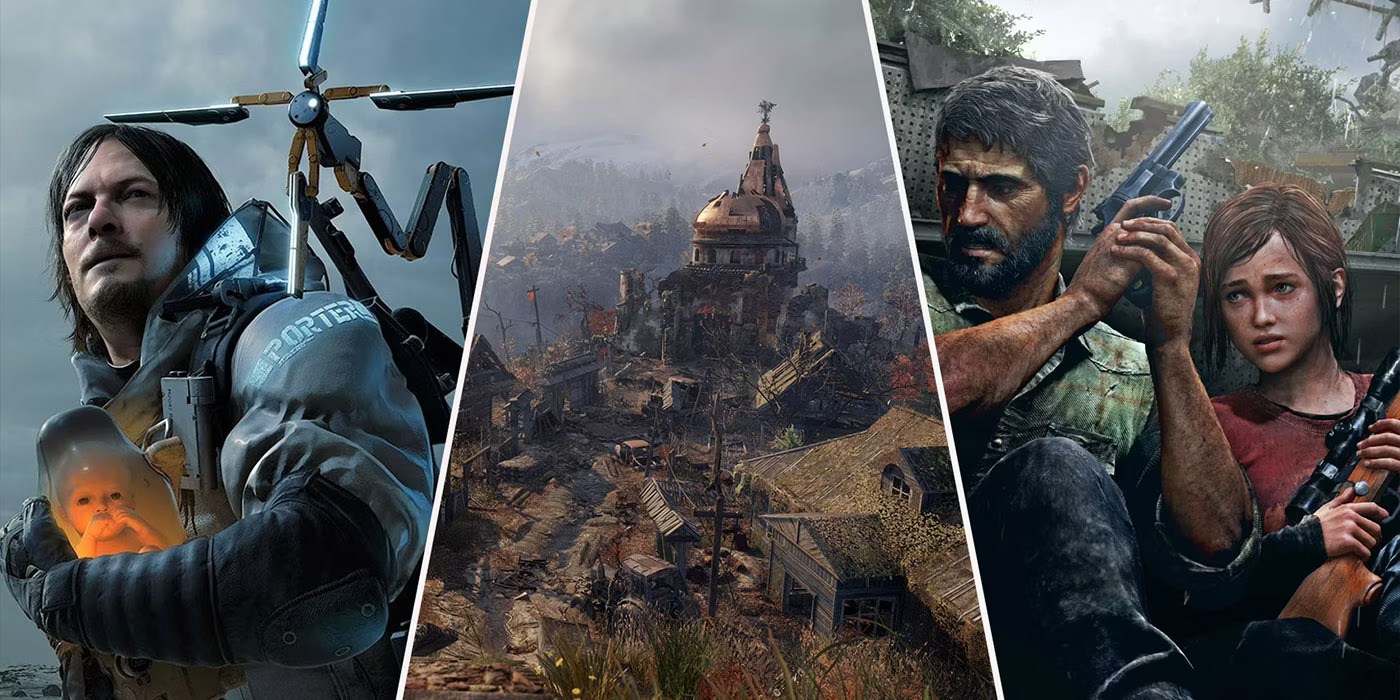Science fiction might include topics like time travel, post-apocalyptic world, space exploration, future technology, extraterrestrial life, AI, bioengineering, dystopia, etc. Strictly horror TV shows might revolve around the ideas of demons, witches, vampires, murderous dolls, serial killers, zombies, ghost apparitions, monsters, and a good deal of grotesque imagery. But when you combine sci-fi and horror into a single subgenre, you get plenty of venues to walk on, and tell your stories in a riveting, imaginative, and terrifying way all at the same time. Some of the most memorable sci-fi horror TV shows use a mixture of those elements to create fascinating themes for everyone to enjoy.
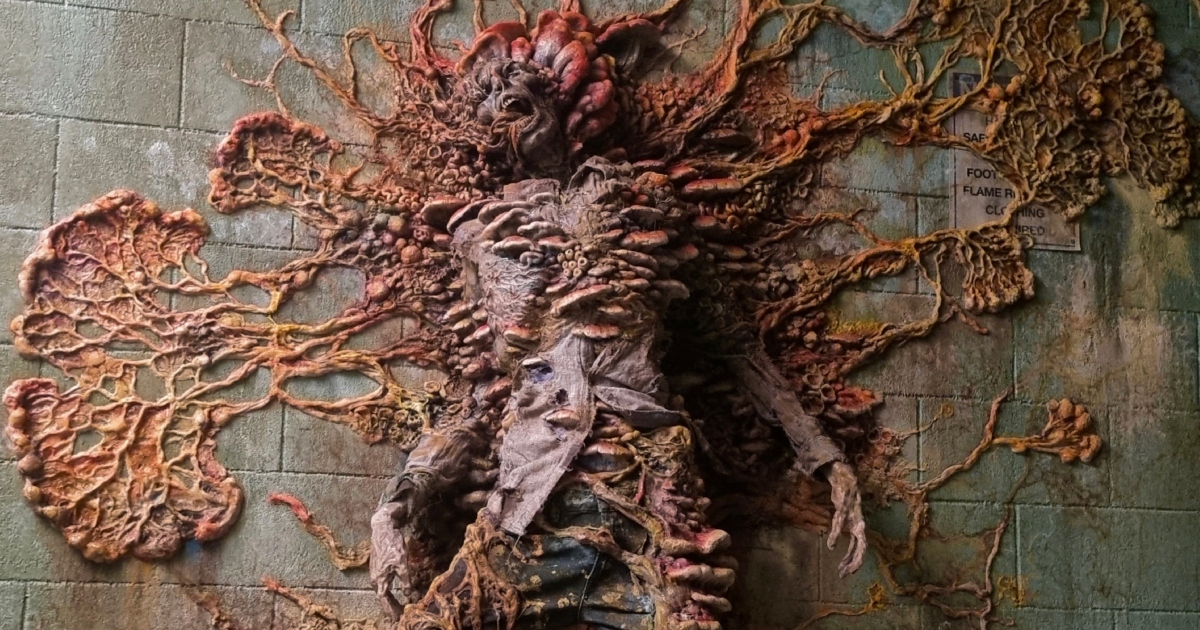
Medical Experiment/Virus/Diseases/Zombies
Let’s start with the ubiquitous zombies, the undead creatures often depicted as cannibals, lurking around every corner to ambush their next victims and turn them into zombies as well. While the zombies themselves almost entirely fall within the horror category, their origin stories make the distinction to determine whether there’s some sci-fi element involved in the narrative. If the zombies are summoned by some sort of witches or suddenly come back from the grave for no apparent reasons – and the reasons will never be explored in the storyline – well then you get a strict horror story.
If the zombies come to exist from a known origin, that’s where the sci-fi comes in. There are no zombies in the real world; they’re fictional creatures, but you can make them plausible by inserting some vaguely scientific-sounding origin story. For instance, in popular shows like “The Walking Dead” and “Black Summer,” the zombies are essentially victims of a viral infection. It’s the same thing with “The Last of Us” and “Z Nation” as well, although the former specifically mentions fungal infection as the cause of zombies.
In case you don’t remember, The Walking Dead avoids directly talking about the origin of its zombies over the course of 11 seasons, which makes the show less of a sci-fi, but certainly a blend of action, horror, and a lot of long-drawn drama. However, the spin-off series, simply known as “The Walking Dead: World Beyond”, has no problem explaining that zombies are caused by a virus that originated from a biomedical facility based in France. It’s just a little addition to the premise, but enough to categorize it as sci-fi horror.
Extraterrestrial Life-forms/Mysterious Entities
When an extraterrestrial life-form is not at all threatening, and in fact, friendly, you get “3rd Rock from the Sun” and “Resident Alien”; they’re all sci-fi, but none of them is horror by any stretch of imagination. Sci-fi horror portrays most extraterrestrial life-forms in the most traditional way possible: aliens are menacing, and many of them see humans as threats to neutralize. Some shows depict aliens invading Earth (intentionally) to take over the planet, while others portray humans conducting space exploration and making encounters with extraterrestrial life-forms.
One of the defining characteristics of a horror show is how it depicts the characters as being fearful of the villains. Here, the aliens need to be scary, and the characters are trying their best to survive with everything they have. If the humans will engage in direct confrontation with the aliens on a battlefield, it would be a sci-fi action instead. To include horror elements into the utterly sci-fi aliens, the show needs to use elements of mystery, suspense, psychological terror, and fear of the unknown in the story.
You can see the theme at its most obvious state in TV shows like “Invasion,” where an elusive extraterrestrial life-form can create humans by cloning corpses; “The Tommyknockers,” in which alien technologies are affecting people mentally and physically in the worst possible ways; and “Something Is Out There,” as it clearly depicts one alien in the show as a sadistic killer. Some other sci-fi horror TV shows with aliens include “Nightflyers,” “Earth 2,” and “The Quatermass Experiment.”
Conduit for Diverse Themes
Of course, every TV show needs to have something else in the discussion rather than relentlessly trying to solve whatever mysteries presented. For the sake of being realistic and building a storyline that actually makes sense, the characters must develop interpersonal conflicts, so that every episode can offer something new and avoid being overly monotonous. Sometimes it’s about a person seeking revenge on a villain, looking for a long-lost love, searching for redemption, making peace with the enemy, and so on. As the story goes, there might be references to the current political issues, such as the government’s lack of transparency pertaining to bioengineering research, extraterrestrial life-forms on Earth, space programs, etc.
And if you venture into the worlds of anthology series like “The Twilight Zone” and “X-Files,” you’ll see that social commentaries are spread throughout the conversations whether it’s about tech anxiety, medical experiments gone wrong, terrible parenting, extreme consumerism, and so on. Actually, those two TV shows alone – as they are anthology series – have more than enough sci-fi and horror themes explored within individual episodes without the burden of a serialized overarching plot line.
We think the broad variation of themes provided by science fiction and horror allows the resulting mixed subgenre to explore everything from psychological terrors and supernatural horror to alien invasion and murderous robots. Of course, being a blend of two massive parent genres removes a lot of obstacles in integrating typical elements of science fiction, such as far-fetched technologies or time travel, with the staples of horror like dangerous life-forms and mysterious places. Contemporary sci-fi horror is also known to use modern technologies as the source of terrors, as seen in “Black Mirror” (AI), “Orphan Black” (clones), “Westworld” (humanoid robots), and “Helix” (bioweapon), among others. Some of them have a big emphasis on the sci-fi part, but they do also deliver noteworthy horror elements across the story arc. While it’s true that sci-fi horror is no longer new, it still offers room for improvement and unique formulas where you combine distinct elements of the parent genres into an enjoyable storytelling style.
What are the most over-exploited and under-explored themes in sci-fi horror shows? Do you enjoy sci-fi horror better in films or TV series? We’d love to hear from you.
Other Things You Might Want to Know
Recommended sci-fi horror books:
- John Dies at the End by David Wong (2007)
- The Girl with All the Gifts by Mike Carey (2014)
- The Strange Case of Dr. Jekyll and Mr. Hyde by Robert Louis Stevenson (1886)
- I Am Legend by Richard Matheson (1954)
- Frankenstein by Mary Shelley (1818)
- I Have No Mouth, and I Must Scream by Harlan Ellison (1967)
- The War of the Worlds by H. G. Wells (1897)
- The Tommyknockers by Stephen King (1987)
- World War Z by Max Brooks (2006)
- Carrion Comfort by Dan Simmons (1989)
The scariest episodes of the X-Files:
- Squeeze (Season 1, Episode 3)
- The Host (Season 2, Episode 2)
- Duane Barry (Season 2, Episode 5)
- Irresistible (Season 2, Episode 13)
- Grotesque (Season 3, Episode 14)
- Home (Season 4, Episode 2)
- Sanguinarium (Season 4, Episode 6)
- Elegy (Season 4, Episode 22)
- Folie á Deux (Season 5, Episode 19)
- Tithonus (Season 6, Episode 10)
- Field Trip (Season 6, Episode 21)
- Roadrunners (Season 8, Episode 4)
- Familiar (Season 11, Episode 8)
Some of the least scary horror movies of all time:
- Practical Magic (1998)
- Thinner (1996)
- The Rocky Horror Picture Show (1975)
- Jennifer’s Body (2009)
- Blade (1998)
- Chopping Mall (1986)
- Alone in the Dark (2005)
- Pulse (2006)
- Cursed (2004)
- I Know Who Killed Me (2007)
- Silent Night, Deadly Night (1984)
- Leprechaun (1993)
- Bride of Chucky (1998)
Check out other articles by month:

